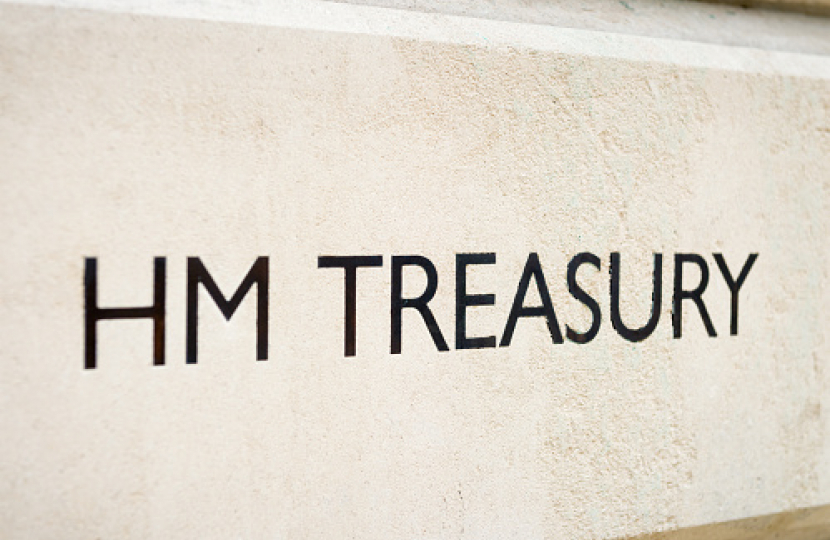
Current inflation is being driven predominantly by rising energy costs, provoked by surging demand after the pandemic as well as Russia’s invasion of Ukraine, which in turn has put pressures on living costs.
The squeeze has generated significant concerns being voiced by a great many, including a number within my constituency. Consequently, central government has introduced several significant measures, providing support to families worth over £37 billion in 2022-23 to help with cost of living pressures. These include:
- An increase in the National Living Wage to £9.50 from 1 April 2022 – which equates to an extra £1,000 a year for a full-time worker.
- An increase in the National Minimum wage to £9.18, while the Apprentice Rate increases to £4.81 per hour.
- Cutting the Universal Credit taper rate and increasing work allowances - this represents an effective tax cut of £1,000 a year for low income working households in receipt of Universal Credit.
- The National Insurance personal threshold will also rise further from £9,500 to £12,570 from July 2022. This aligns with the Income Tax Personal Allowance, also of £12570, below which no tax is paid. This change represents the largest increase in a personal tax threshold in British history, and the largest single personal tax cut in 10 years. It is equivalent to a £6 billion tax cut for nearly 30 million workers and worth over £330 a year starting in July, across the entire UK.
- In the Spring Statement the Government announced it is cutting fuel duty by 5 pence for a full year across all fuel duty rates.
- On energy, households in England in council tax bands A to D will get £150 from their council from April 2022 as part of the government's Energy Bills Rebate scheme,
- The £200 energy support scheme – paid back at £40 per year for the next 5 years.
- A £650 one-off cost of living payment for those on means tested benefits such as Universal Credit, job seekers allowance and pension credit.
In addition, the Government has appointed David Buttress as the Government’s new Cost of Living Business Tsar by the Chancellor of the Duchy of Lancaster.
Mr Buttress will work in partnership with the private sector to identify, develop and promote new and existing business-led initiatives that support people with rising costs of living – from discounted prices or product offers to the expansion of business-run programmes.
If you are experiencing difficulties, Citizens Advice Maidstone and Maidstone Borough Council are offering advice on resolving certain issues. Non-Government organisations such as Money Advice Service and Step Change are also offering a number of services for those attempting to manage tighter budgets at the present time.
